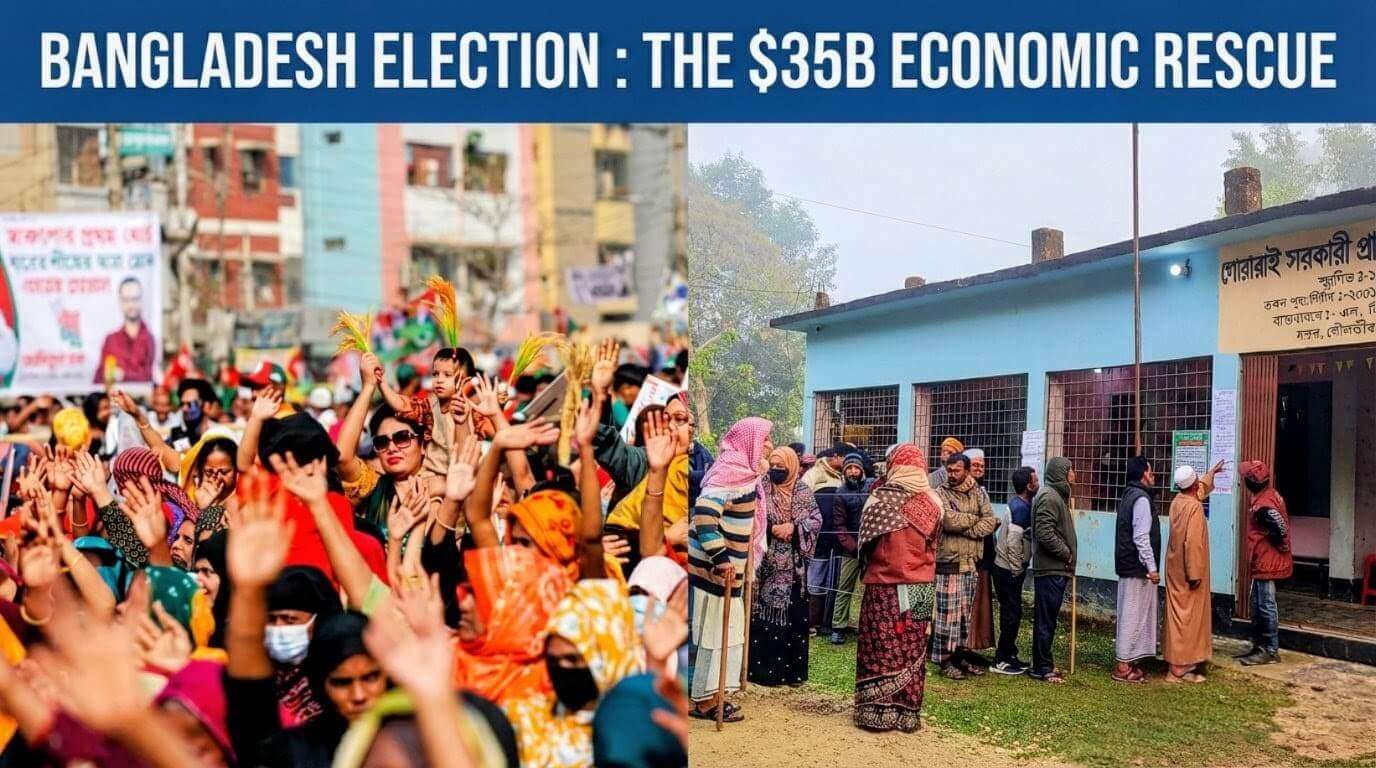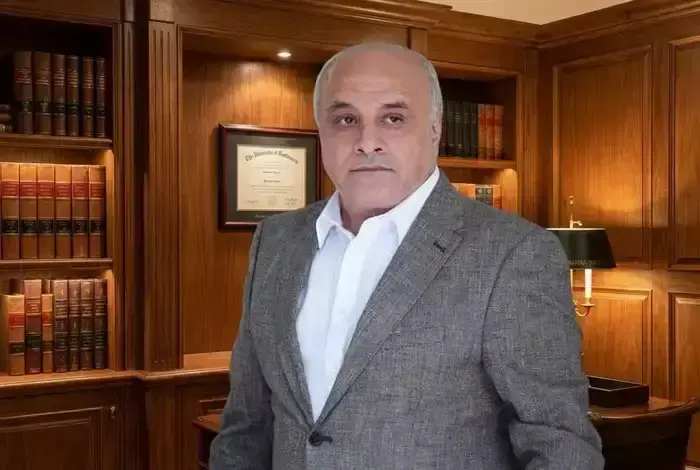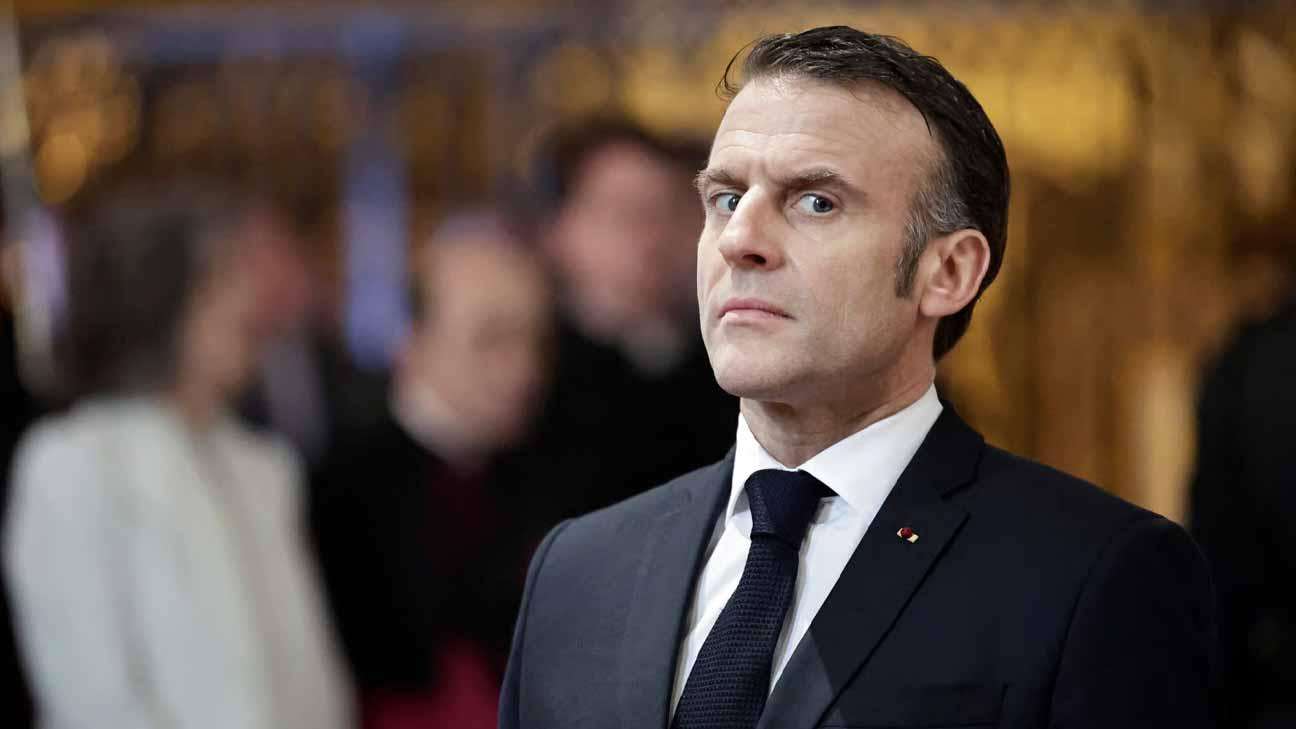British officials are increasingly skeptical that Emmanuel Macron will proceed with recognizing a Palestinian state next month—an unprecedented move for a G7 country—which could also delay any similar action by the UK.
While the French president suggested in April that Paris might move toward recognition, he emphasized the decision would ideally occur during a broader diplomatic initiative at a UN conference in New York scheduled for 2–4 June, co-hosted by France and Saudi Arabia.
Macron faces pressure from Israel, which argues that recognition would reward Hamas. In response, France is working to bolster a reformed Palestinian Authority to take governance responsibility in Gaza, aiming to deflect criticism.
UK Foreign Secretary David Lammy has acknowledged talks with France on the issue, but stated that Britain would not support symbolic actions without tangible outcomes. Within Whitehall, there is a growing belief that France—despite years of debate on the matter—will conclude the conditions are still unsuitable for recognition.
Britain maintains it will recognize a Palestinian state when it can have the most significant impact, though it hasn’t defined when that might be. Meanwhile, UK officials admit to growing concern over Israel’s blockade on Gaza aid, and frustration among Labour backbenchers is intensifying pressure on the Foreign Office to act.
In Parliament this week, UK Middle East Minister Hamish Falconer defended the government’s position amid legal challenges and accusations of aiding potential war crimes. Human rights group Al-Haq is seeking a judicial review over the UK’s continued supply of components for F-35 jets, which could be used by Israel in Gaza. A Ministry of Defence document submitted in court suggests that because the F-35 program is predominantly US-led, Britain cannot unilaterally restrict component transfers to Israel.
Labour cites its partial suspension of arms exports to Israel last September as evidence of action. However, new data show the UK approved $169 million in military exports to Israel between October and December 2024—covering items such as aircraft, radar, targeting systems, and explosives. Campaigners note this figure exceeds total approvals made under the previous Conservative government between 2020 and 2023.
The Department for Business explained that most of these exports were components used in goods manufactured in Israel for NATO allies and others. Each licence, it added, is still reviewed under strict criteria.
This situation is adding to the pressure on UK ministers to show concrete measures distancing themselves from Israel’s military actions and reconsidering the recognition of Palestine.
The upcoming June conference in New York stems from a UN General Assembly resolution passed in response to a July 2024 advisory opinion by the International Court of Justice (ICJ), which found Israel’s occupation of Palestinian territories to be illegal under international law. That resolution, adopted in September 2024, gave the international community a 12-month window to act on the ICJ’s findings.
France has repeatedly flirted with the idea of recognising a Palestinian state since the presidency of François Hollande, but each time has retreated, citing either poor timing or insufficient global consensus.
In April, President Emmanuel Macron declared: “We must move towards recognition, and we will do so in the coming months […] I also want to participate in a collective dynamic, which must also allow all those who defend Palestine to recognise Israel in turn, which many of them do not do.”
Michel Duclos, a senior fellow at the Institut Montaigne, remarked: “It seems there are as many views on the matter as there are advisers to the president. But if Macron is waiting for Saudi Arabia to recognise Israel as a condition for recognising Palestine, he could be waiting indefinitely—especially after Trump’s visit to the Gulf.”
The official objective of the UN conference is to “urgently chart an irreversible pathway towards the peaceful settlement of the question of Palestine and the implementation of the two-state solution.”
If Macron insists on Saudi recognition of Israel as a precondition for French recognition of Palestine, the timeline becomes even more uncertain. Without at least a lasting ceasefire in place, that condition is unlikely to be met. The Saudi foreign ministry reiterated this week its accusation that Israel is committing genocide in Gaza, reaffirming that normalization of ties with Israel is not currently on the table.
Within Europe, only a handful of countries—Spain, Ireland, Sweden, Slovenia, and Norway—have formally recognised Palestine. The United States vetoed a UN resolution granting Palestine full membership in April 2024. France supported the measure, while the UK abstained.
In an article published this week in Le Monde, a group of French politicians and academics argued that recognising Palestine is not only a “moral imperative, a political necessity, and a strategic requirement,” but also the only way for France to resolve a “diplomatic contradiction”: advocating for a two-state solution while refusing to acknowledge one of the states involved.The upcoming June conference in New York stems from a UN General Assembly resolution passed in response to a July 2024 advisory opinion by the International Court of Justice (ICJ), which found Israel’s occupation of Palestinian territories to be illegal under international law. That resolution, adopted in September 2024, gave the international community a 12-month window to act on the ICJ’s findings.
France has repeatedly flirted with the idea of recognising a Palestinian state since the presidency of François Hollande, but each time has retreated, citing either poor timing or insufficient global consensus.
In April, President Emmanuel Macron declared: “We must move towards recognition, and we will do so in the coming months […] I also want to participate in a collective dynamic, which must also allow all those who defend Palestine to recognise Israel in turn, which many of them do not do.”
Michel Duclos, a senior fellow at the Institut Montaigne, remarked: “It seems there are as many views on the matter as there are advisers to the president. But if Macron is waiting for Saudi Arabia to recognise Israel as a condition for recognising Palestine, he could be waiting indefinitely—especially after Trump’s visit to the Gulf.”
The official objective of the UN conference is to “urgently chart an irreversible pathway towards the peaceful settlement of the question of Palestine and the implementation of the two-state solution.”
If Macron insists on Saudi recognition of Israel as a precondition for French recognition of Palestine, the timeline becomes even more uncertain. Without at least a lasting ceasefire in place, that condition is unlikely to be met. The Saudi foreign ministry reiterated this week its accusation that Israel is committing genocide in Gaza, reaffirming that normalization of ties with Israel is not currently on the table.
Within Europe, only a handful of countries—Spain, Ireland, Sweden, Slovenia, and Norway—have formally recognised Palestine. The United States vetoed a UN resolution granting Palestine full membership in April 2024. France supported the measure, while the UK abstained.
In an article published this week in Le Monde, a group of French politicians and academics argued that recognising Palestine is not only a “moral imperative, a political necessity, and a strategic requirement,” but also the only way for France to resolve a “diplomatic contradiction”: advocating for a two-state solution while refusing to acknowledge one of the states involved.








.svg)
